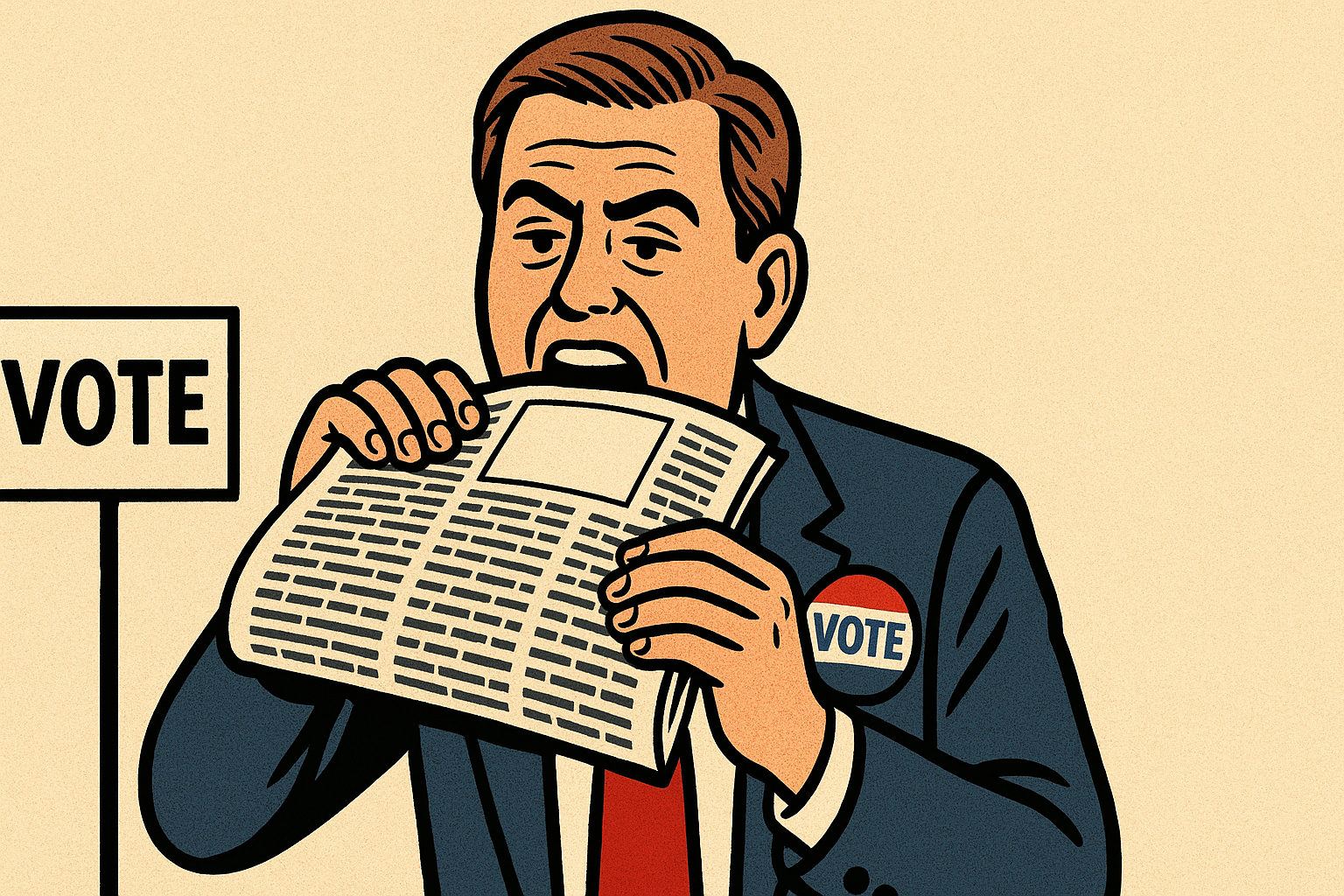Your Headline Here
Springfield, IL – Local authorities have begun distributing the long-awaited “Ambiguous Object Permits” to residents this week, following new state guidelines aimed at regulating the possession, storage, and open display of items whose purpose is unclear. Officials claim the policy will “streamline confusion management” and ensure that the city’s enigmatic artifacts remain traceable.
The permit application process emerged from a comprehensive 2023 study by the Institute for Object Classification, which found that 64% of Midwest homes contained at least three objects that no one, including their owners, could definitively identify. Municipal director of ambiguity, Dr. Lars Mendel, explained, “Unclassified objects pose a public awareness hazard. We simply have no data on intent.” The Ambiguous Object Permitting Subcommittee, formed in response to the study, worked closely with residents to create an accessible, though intentionally perplexing, online form.
Permits are color-coded based on perceived levels of unintelligibility, ranging from “Possibly Useful” pale blue, to “Function Ominously Unspecified” mauve. Recipients must display permits conspicuously on items such as rubber cones fused to kitchen whisks, candelabras suspiciously resembling fax modem components, and feeling cubes made of unknown material. State inspectors armed with Symbolism Detectors perform annual scans, unable to divulge, for legal reasons, whether the detectors themselves are ambiguous objects.
Early results have included increased reporting of unintended side effects, such as objects disappearing when directly referenced or acquiring faintly audible mechanical hums. Several residents have expressed concern about the permit renewal form, which, according to user complaints, requests a “description of intended ambiguity,” then rejects submissions for exceeding maximum indeterminacy thresholds. “I feel less certain than ever about what’s in my living room,” reported permit holder Barbara Jenkins, whose home was recently reclassified as an Epistemic Uncertainty Zone.
Authorities say enforcement will focus on “education and persistent feeling” rather than fines. The city plans to launch workshops instructing residents in the responsible contemplation of ambiguous objects, quietly reminding attendees that such sessions may themselves require future documentation.

Deixe um comentário